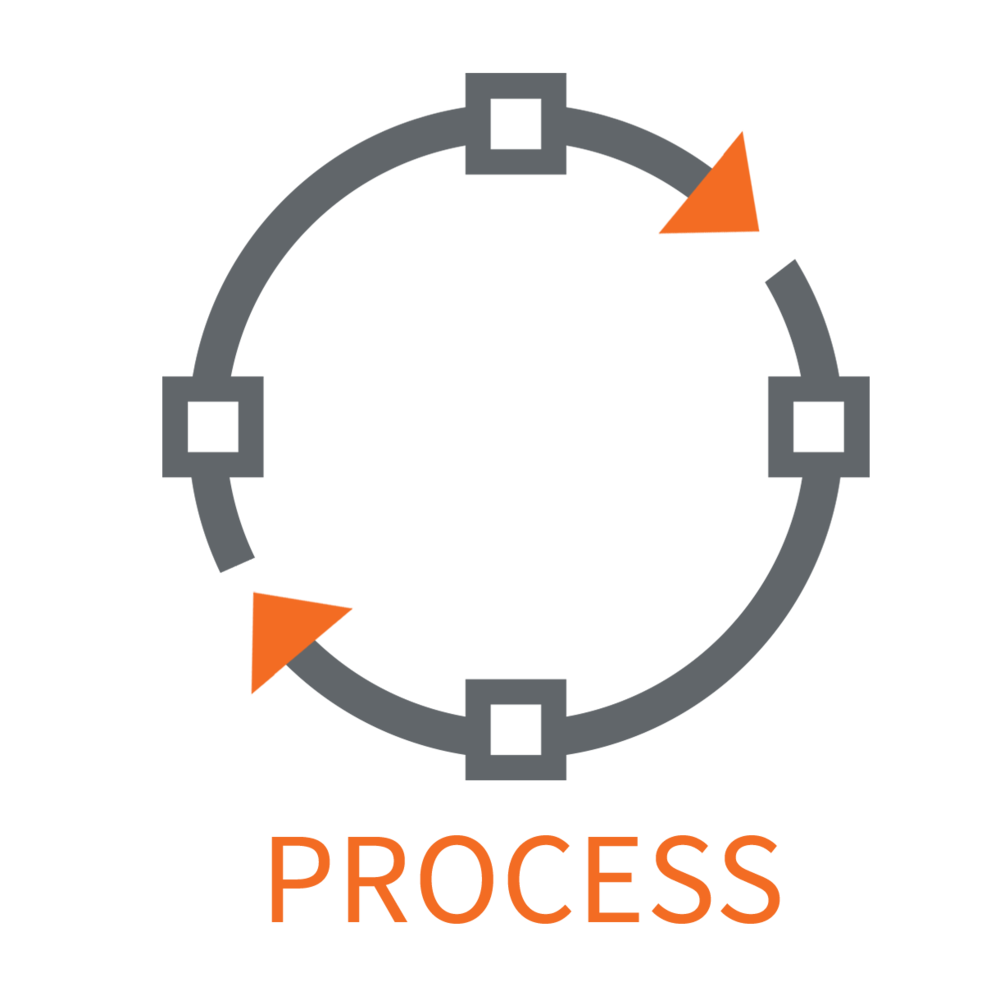Trying to resolve a tax issue can be a very difficult and time consuming task. One of the more common reasons for a tax issue occurring is your personal income tax return being audited. By going through the audit process you may be able to avoid the assessment of tax or at least reduce the amount of the proposed assessment.
As you can imagine, this process can be just as difficult and time consuming as resolving the tax issue itself. Typically, when you hear someone mention an audit it is assumed that the IRS was the initiator. However, the California Franchise Tax Board (FTB) can also audit income tax returns. In this blog, we will discuss why your return may be selected for an audit, what to expect from the audit process, and what happens after the audit.
Why A Return May Be Audited
The FTB can audit both personal and business tax returns to make sure taxpayers and businesses are staying in compliance with California tax laws. The most common FTB audit actually arises due to an IRS audit. When the IRS conducts an audit that results in a tax assessment, they will share this information with the FTB. From here, the FTB will issue a Notice of Proposed Assessment based on the IRS’s findings along with a demand for payment of the additional tax.

After going through the audit process with the IRS, it is required to inform the FTB of the changes that were made by the IRS according to R&TC 18622. By doing this you will start the timer for how long the FTB has to make their assessment. If the FTB does not make their assessment within the allotted time frame, you may actually avoid the tax assessment. On top of this, you may also avoid additional penalties from being assessed as well.
However, the FTB does not have to wait for the IRS to initiate their own audit. Below are some common items the FTB will audit taxpayers or businesses for:
Individuals:
- Sourcing of income and residency determination
- Head of household status
- 1031 exchanges, gambling losses
- Bad debt deductions
- Personal residency issues
Businesses:
- Prior year net operating losses
- Real estate professional deductions
- Employee stock ownership plans
 The California FTB Audit Process
The California FTB Audit Process
The California FTB audit process begins when the FTB has selected you or your business for an audit. You will first receive a notice or initial contact letter that will identify what items the FTB will be examining. The notice will also provide the information for the person who will be conducting the audit and it will ask you to provide the name and contact information for your legal representative.
The audit will be either a Desk/Office audit or a Field Audit, which will be indicated in the notice you receive. Desk/Office audits are conducted over the phone or through mail and do not require an in-person meeting. A field audit requires an in-person meeting and usually takes place either at your home, place of business, or your legal representative’s office. Field audits are generally used for more complex audits or corporate audits.
Before any documentation is requested, there should be an initial meeting or conference that will outline the course of the audit, effectively creating a plan for how the audit will unfold. During this meeting, the auditor will go over the following:
- The items being audited
- Potential issues that they see may arise
- Deadlines for the submission of requested documents and the audit itself
During the initial meeting, you will also be able to give input on these items to make sure the auditor isn’t setting impossible deadlines for you to meet. You are able to request the auditor’s supervisor be present for this.
After the initial meeting, the auditor will issue an Information Document Request (IDR). The IDR is provided so you know exactly what documents the auditor is looking for to substantiate the items being audited. This is where you will need to be diligent in communicating with the auditor. If you are unable to find certain documents that were requested or need more time, it is very important to let the auditor know this. However, you must provide adequate reason for why you need more time or are unable to obtain the requested documents. Completely ignoring the document request does not mean you are no longer responsible for substantiating the items being audited. In fact, ignoring the IDR will only inhibit the process of the audit and create tension between you and the auditor.

As the collection of documents progresses the auditor may ask for additional meetings or phone appointments for status updates, which could potentially alter the timeline of the audit. They may also issue an Audit Issue Presentation Sheet (AIPS) for any issues that may arise during this time. The AIPS will include a discussion of facts regarding the issue, relevant tax law concerning the issue, and any adjustments in the proposed assessment.
The end of the audit will come with a final meeting or closing conference to discuss items not included in any status meeting. Here the auditor will go over the final results of the audit and how they came to their conclusion of whether there will indeed be a proposed assessment made. In addition, they will provide you with the results of the audit along with one of the following:
- A notice stating that the original return is being accepted as it was filed because enough documentation was provided to substantiate the items being audited.
- A Notice of Proposed Assessment indicating the additional tax the FTB believes you owe.
- A Notice of Proposed Overassessment indicating the amount the FTB actually owes you.
- A Notice of Proposed Adjustment to Carryover indicating the reduction of a carryover amount that did not result in additional tax.
After The Audit Has Finished
If you receive a Notice of Proposed Assessment, you have two options. The first is to agree with the amount that is being proposed. The FTB will calculate how much in penalties and interest would have accrued on the proposed assessment amount from the time the original return was required to be filed to the date of the proposed assessment. If you are able to pay the assessed amount within 15 days of agreeing to the assessment, the FTB will not charge any additional interest for the time between the proposed assessment being agreed to and the date of full payment.
The other option is to file a protest if you do not agree with the proposed assessment. The protest must be filed by the “protest by” date listed on the Notice of Proposed Assessment, usually 60 days from the date of proposed assessment. The protest should include your information, a statement as to why you believe the proposed assessment is incorrect, and a request for an oral hearing. If you want to prevent interest from accruing on the proposed assessment during the protest period, you will need to pay the proposed amount (this will change your protest into a claim for refund).
The protest process itself is informal and conducted by an impartial FTB agent assigned to oversee the protest. At the protest you will be able to present additional information or documents to substantiate why you believe the proposed assessment is incorrect. After the protest process has concluded, the FTB will either withdraw the Notice of Proposed Assessment, adjust the Notice of Proposed Assessment, or make no change.
If you still disagree with the proposed assessment, your next course of action is to appeal to the Office of Tax Appeals (OTA) within 30 days of receiving the Notice of Assessment.
The Appeals Process
During the appeals process you and the FTB will be given an opportunity to provide additional information regarding the assessment and a brief outlining your stance.

Once OTA reviews both yours and the FTB’s postions and the information provided, they will issue a written decision. You or the FTB can request a rehearing within 30 days of the written decision, which allows the OTA to rehear the case if there were errors made in the original appeal or if new evidence is discovered.
If you don’t agree with the written decision by OTA, your next course of action is to pay the assessed amount and file an action against the FTB in the California Superior Court within 90 days.
Conclusion
Navigating an audit with the IRS or FTB is not an easy task. They can be very time consuming and potentially lead to additional years being examined. Having an experienced tax attorney represent you is almost always recommended. They will have the knowledge and understanding of the audit process to make sure it is as quick and painless as possible.
Should you need assistance with an IRS or FTB audit, give us a call for a free phone consultation at 760-932-0042.
